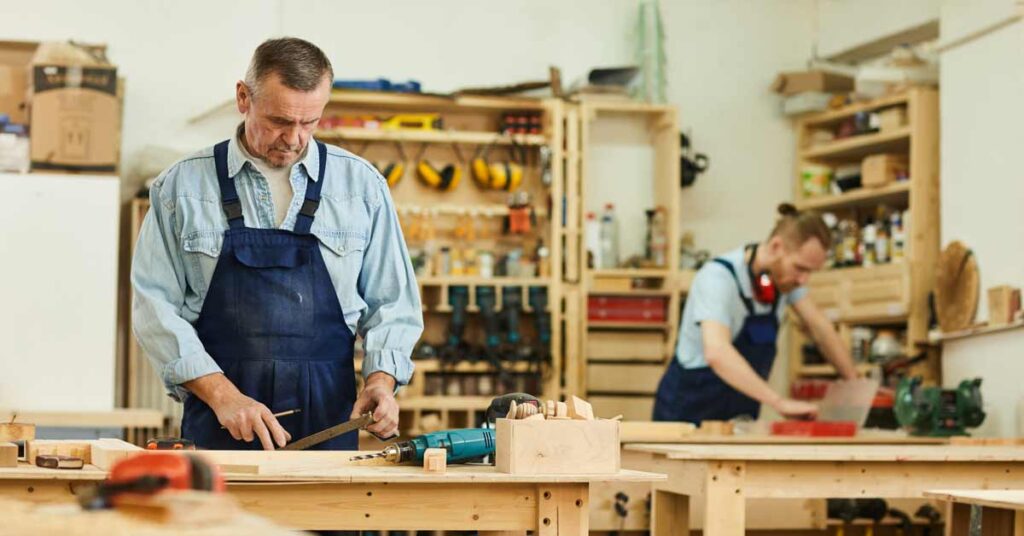Building equity in your property is one of the most sought after things to have happen when you own a property. Ideally equity will go up and not down. This sounds like a silly comment, but it’s an important one to consider long term, especially when that property has a mortgage on it.
If the value of your property does not drop, then you will build equity in your property as you repay principal on your mortgage loan. The equity in your property may also increase if the property value increases.
What can I do to increase the equity in my home?
There are some things that you can do to help you with the equity in your home. If you have a home loan, one of the simplest things that you can do is to pay off a little bit extra on your repayments each month. This reduces the amount that you owe and therefore means that you now have more equity in your home.
This is by no means some sort of investment strategy, it’s just using the basics of paying off your home loan as soon as you can.
If you have no debt on your home, you have 100% equity. Well done!
Understanding Home Equity
Definition of home equity
Home equity is the difference between your home’s current market value and the outstanding balance on your mortgage. As you pay off your mortgage and your property value increases, your home equity grows.
How home equity is calculated
To calculate your home equity, simply subtract your mortgage balance from your home’s market value. For example, if your home is worth $500,000 and you owe $300,000 on your mortgage, your home equity is $200,000.
Benefits of building home equity
Building home equity has numerous benefits, including:
- The ability to borrow against it for home improvements or other expenses
- Increased financial stability and flexibility
- Potentially providing a source of income through downsizing or reverse mortgages
Strategies for Building Home Equity
Making larger mortgage payments
By making larger mortgage payments, you can:
- Reduce your principal balance faster
- Shorten your loan term
This helps build equity more quickly. For example, if you pay an extra $100 each month on a 30-year, $300,000 mortgage at a 4% interest rate, you could pay off your loan almost 4 years earlier and save over $42,000 in interest.
Home improvements and renovations
Adding value to your property through improvements and renovations can increase your home equity. Some improvements that often increase home value include:
- Kitchen and bathroom updates
- Adding rooms or extensions
- Energy-efficient upgrades
Before starting any renovations, ensure you research Australian regulations and permits required for your project. Also remember that there are good renovations and bad renovations!
See more: The difference between good and bad renovations
Refinancing for a better interest rate
Refinancing to a lower interest rate can help you build equity by reducing your interest payments, allowing you to pay down your principal balance more quickly. When considering refinancing, compare different loan types and lenders and take into account factors such as fees, loan terms, and features.
Remember, that it’s not always just about rate and there’s a number of other things more important than rate on your way to building equity fast.
See also: Don’t be fooled: Why home loan interest rates aren’t everything
Long-term property value appreciation
Location and market trends play a crucial role in long-term property value appreciation. To capitalize on this, research property value growth trends in Australia and practice patience and long-term planning.
Because equity is based on the value of the property that you own, you might not know about how to best keep an eye on that value. When you got your home loan, the property will have been valued by your lender.
This could have been done in a number of ways and once done, it established the value of the property. This value was one opinion at one point in time. You might have paid more or less for it though, but for the purposes of lending – a valuation is key.
Read more: See our guide on what sort of valuations lenders can undertake
Australian Mortgage Industry Insights
Overview of the Australian mortgage market
Australia’s mortgage market is diverse, with a wide range of lenders and loan products available to suit different needs and preferences.
Comparison of popular home loan products
Some popular home loan products in Australia include:
- Variable rate loans
- Fixed rate loans
- Split loans
Each product has its advantages and disadvantages, so it’s important to carefully evaluate your options based on your financial situation and goals.
Government schemes and incentives for homeowners
The Australian government offers various schemes and incentives for homeowners, such as the First Home Buyer’s Grant, to help eligible individuals enter the property market and build equity in their homes.
Conclusion
In conclusion, building home equity is an important financial strategy for Australian homeowners. By making larger mortgage payments, undertaking home improvements and renovations, refinancing to a lower interest rate, and focusing on long-term property value appreciation, you can increase your home equity and enjoy the benefits it brings. Don’t hesitate to take advantage of these strategies and secure a brighter financial future for yourself and your family.







